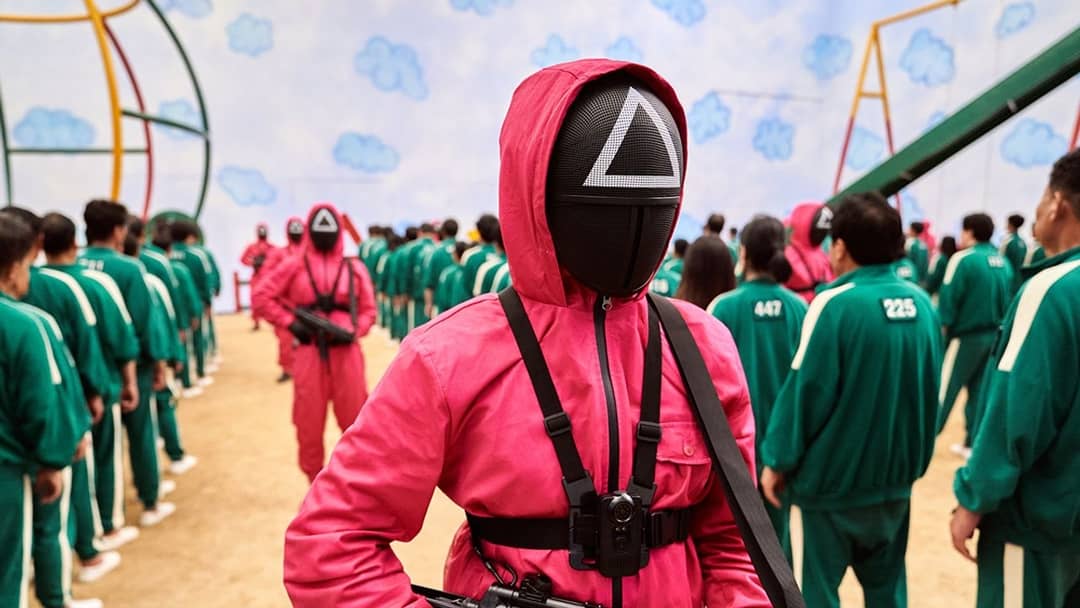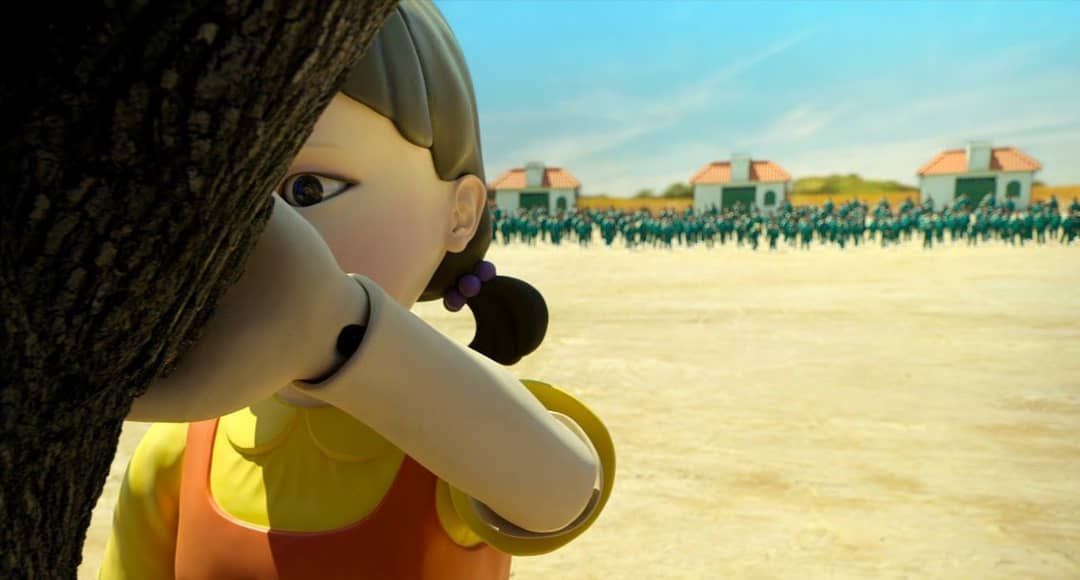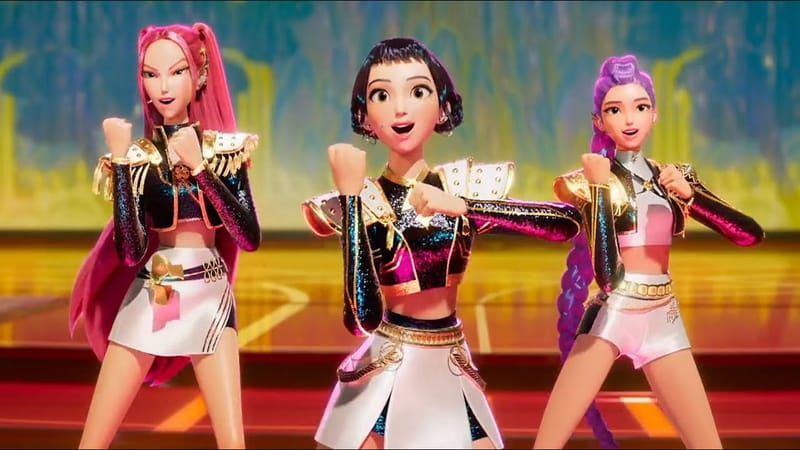
It’s that scene from Squid Game which delivers the sucker-punch to the unsuspecting viewer’s gut: when the giant kewpie doll swivels her head and competitors are gunned down in a split second of shocking brutality.
Squid Game, the dystopian South Korean survival drama, is the most watched Netflix show of all time, its deceptively childlike recorder-based theme song is an earworm of evil, forever seared into our cultural psyche.

The plot sees a group of people who are heavily indebted and vulnerable, risking their lives to play a series of popular children’s games with a life-changing multimillion-dollar prize for the winner.
But, there’s a deadly twist - lose and you die.
It is a violent test of morality and humanity.
Squid Game’s tentacle-like grip on global pop culture is unprecedented and researchers at the Monash School of Business have identified how the smash hit TV series can be used to teach game theory, one of the most challenging concepts in introductory economics.
In the paper ‘Using Squid Game to Teach Game Theory’, Associate Professor Wayne Geerling and his co-authors have outlined how the life-or-death games at the centre of the show’s plot can teach strategy, collusion, co-operation, risk aversion, information asymmetry and many other real-world business and economics applications.
"Game theory has a lot of real-world applications to everyday life situations, from games to sport, from politics to war."
By analysing three key games from Squid Game, they’ve created a series of teaching guides that can be adapted to any course on game theory around the world. With a few subtle tweaks, the teaching guides could also be used to teach broader issues such as inequality, debt and poverty.
Game theory is the science of strategic behaviour, where the outcome of each player depends on the actions of all players.
“Game theory has a lot of real-world applications to everyday life situations, from games to sport, from politics to war,” says Associate Professor Geerling.
“Think back to the start of the COVID-19 pandemic when we saw the hoarding of toilet paper. People didn’t need to buy toilet paper but once they did, others observed this behaviour and a rush began.
“Consequently, we created a shortage of toilet paper that was completely avoidable. The lesson here is that strategic behaviour doesn’t always lead to positive outcomes.”
“Players in Squid Game also serve as a metaphor for modern-day companies, who have to interact, adapt, think in real time and make interactive decisions in strategic situations, often without the advantage of full information.”
The players in Squid Game are not given any clues in advance about the games they are playing and given the lack of information, it is difficult for them to work out their optimal strategies to maximise their chances of staying alive.
The use of Squid Game in introductory economics at the Monash Business School points to a much bigger strategic plan to continually inspire students to better learning using more contemporary means.
“The real world is highly strategic,” says Associate Professor Geerling. “We look around, observe the behaviour of others before making decisions. We need to train and prepare students to think strategically to help them survive in the real world.”
"The important thing is that we continue to innovate in our teaching practices and Squid Game is just one great example of how we can do that. The future of teaching economics will include, among other things, simulations, experiments, case studies and interactive games.”
Associate Professor Geerling has championed the use of pop culture as one medium to make the learning of economics more relatable to a diverse student body.
“Many students struggle to think in a strategic manner when material is taught through traditional methods alone,” he says.
“Pop culture, such as Squid Game, can be used as an effective medium to break down barriers to learning, as it helps students find practical applications to complement the abstract theory.
“The economics discipline around the world has been notorious for its continued reliance on ‘chalk and talk’ to deliver lectures but a significant amount of more recent work focuses on innovative ways to teach economics concepts.
“In recent years, a literature in economics education has emerged, which uses visual examples from pop culture – movies, music, TV – to demonstrate economics concepts to a wider audience in a non-technical, jargon-free manner.
“I want to change the perception of how economics is taught. The millennial generation is unlike previous generations of students; they have different learning and behavioural habits.
“The important thing is that we continue to innovate in our teaching practices and Squid Game is just one great example of how we can do that. The future of teaching economics will include, among other things, simulations, experiments, case studies and interactive games.”
In their paper, Geerling and his co-authors have outlined comprehensive teaching guides which are available to educators globally, including digital clips, descriptions, warm-up activities, questions and answers.
It’s a one-stop shop for anyone teaching game theory who is open-minded about using pop culture. Perhaps the next generation of business and economics leaders will be the Class of Squid Game.





